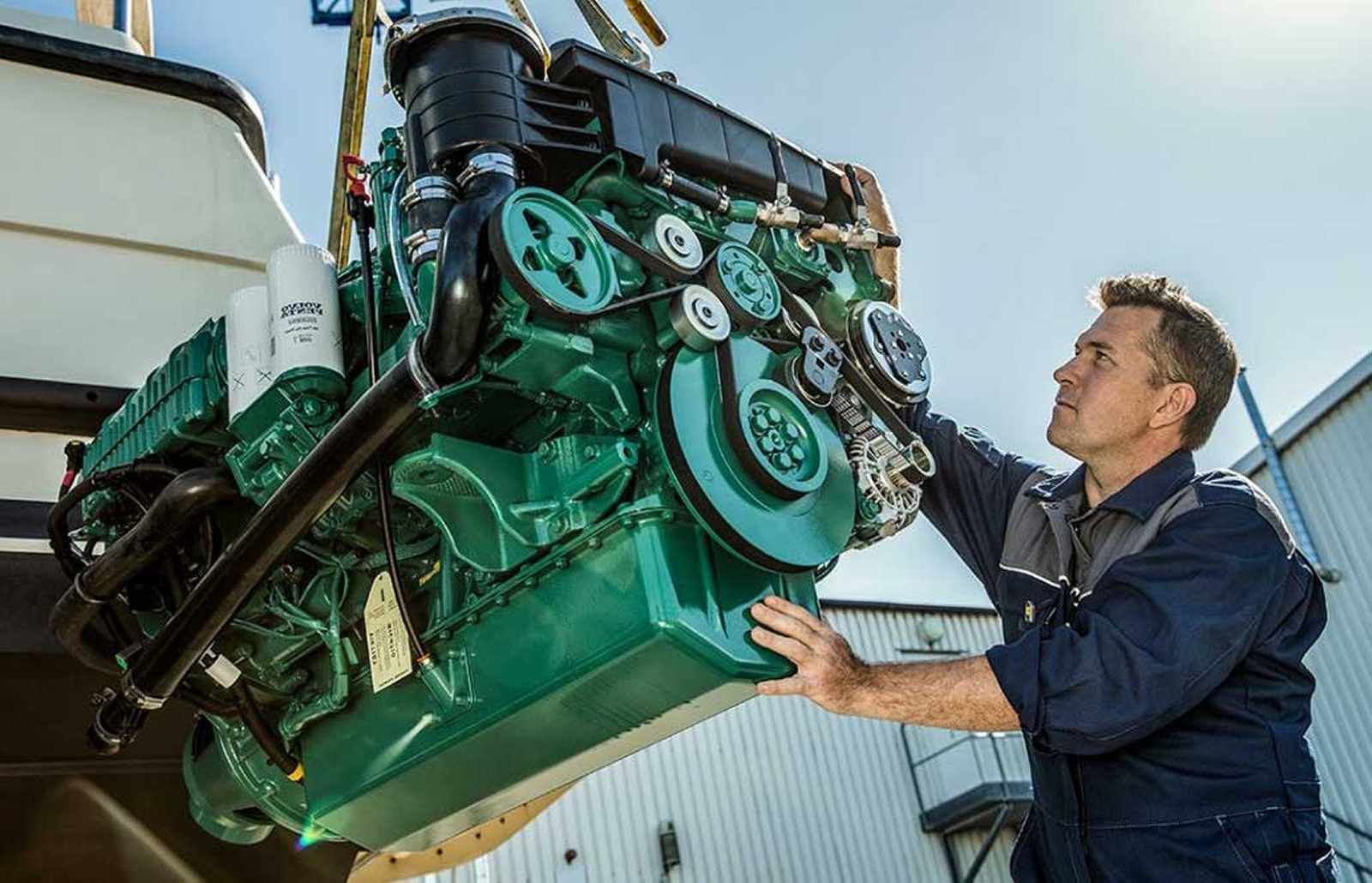
Let's analyze the correct practices to face to replace the engine of your boat
Very often we have to manage operations of change of flag or new registrations (e.g. for unregistered Italian vessels) for units where one or more engines have been replaced.
Sometimes the owner does not bother to communicate this operation to the nautical register of registration.
This causes many problems both during any checks by the competent authorities, Insurance companies, and during the change of flag or sale of the vessel.
It is in fact mandatory to request the change of engine from the naval register where the unit is registered.
For CE marked boats (from June 1998 onwards) the maximum power that can be installed is indicated precisely on the CE declaration of conformity; it is forbidden to install more powerful engines that could cause serious damage to the hull and navigation safety.
For pre-CE boats in the absence of a dedicated certificate it is preferable to check the maximum power that can be installed with a technician.
For example, when changing the engine of a vessel with an Italian flag, the maximum power that can be installed is regulated by the Code of Recreational Nautics (CND). The engine power must not exceed that indicated in the vessel's approval documents and, for vessels not marked CE, a maximum increase of 15% of the original power is permitted, subject to a Declaration of Suitability by an authorised technical body. There is no percentage tolerance, and the replacement of an engine with a higher power is at the owner's risk.
Each flag state has its own rules to be checked from time to time but in general when replacing an engine it is always a good idea to pay attention to the following points:
- Check the power of the new engine/s based on the above
- If you buy a new or used engine from a dealer, always have a purchase invoice issued in the name of the owner/s of the vessel.
The following must always appear on the invoice:
- make and model of the engine/s
- the serial number of the engine/s
- the operating power - If you buy the engine from a private individual, you must make a bill of sale on plain paper similar to that used for the sale of boats. The bill must contain the data listed in the previous pointIf you sell an old engine, a bill of sale is always required
- If the engine is scrapped or collected by the installer, always request a sales or disposal receipt
- Take a photo of the plate of the new engine/s, verifying that the serial number indicated here corresponds to that on the purchase invoice or bill of sale
- Always request the notation of the engine change from the state registry of registration (by yourself or through a specialized agency), which will be reported on the navigation license
Always respect the rules indicated above and you will never have problems when selling or changing the flag for your unit.
- NEWS ARCHIVE
- share:

 Polish flag
Polish flag Italian flag
Italian flag Slovenian flag
Slovenian flag Franch flag
Franch flag Maltese flag
Maltese flag San Marino flag
San Marino flag PALAU flag
PALAU flag other flags
other flags comparison table
comparison table